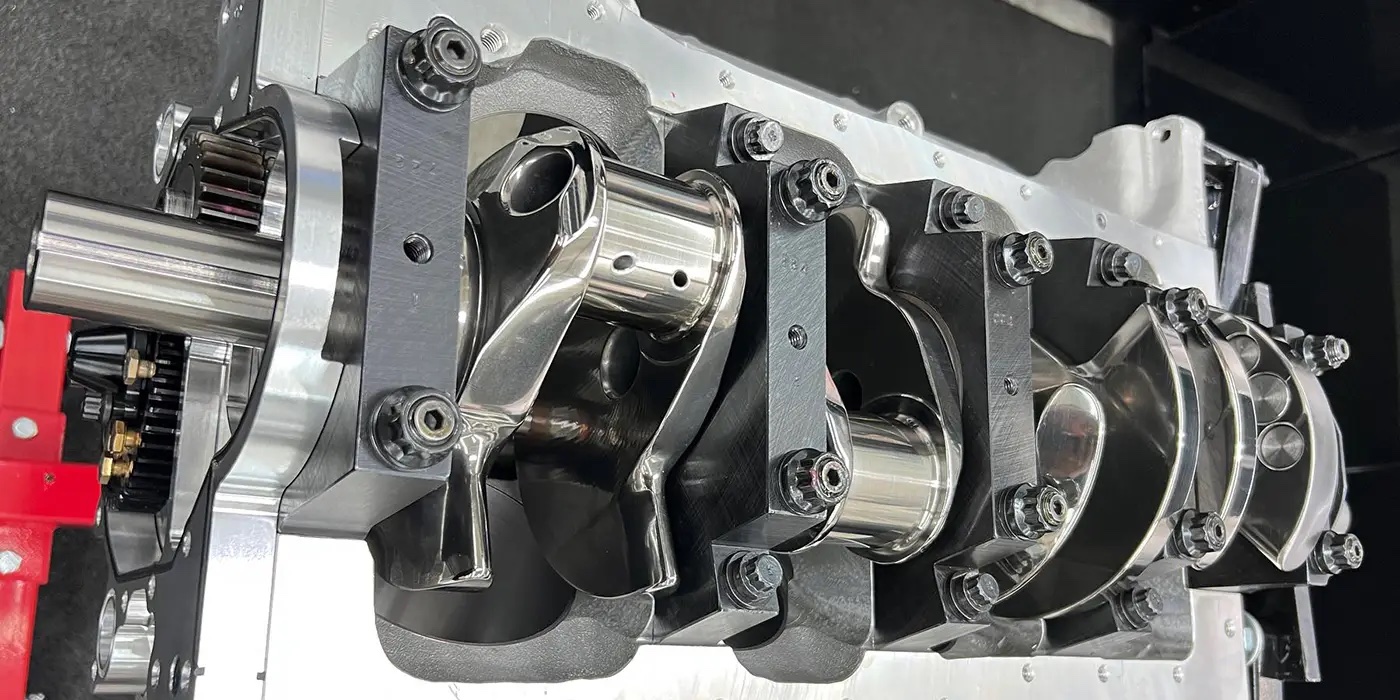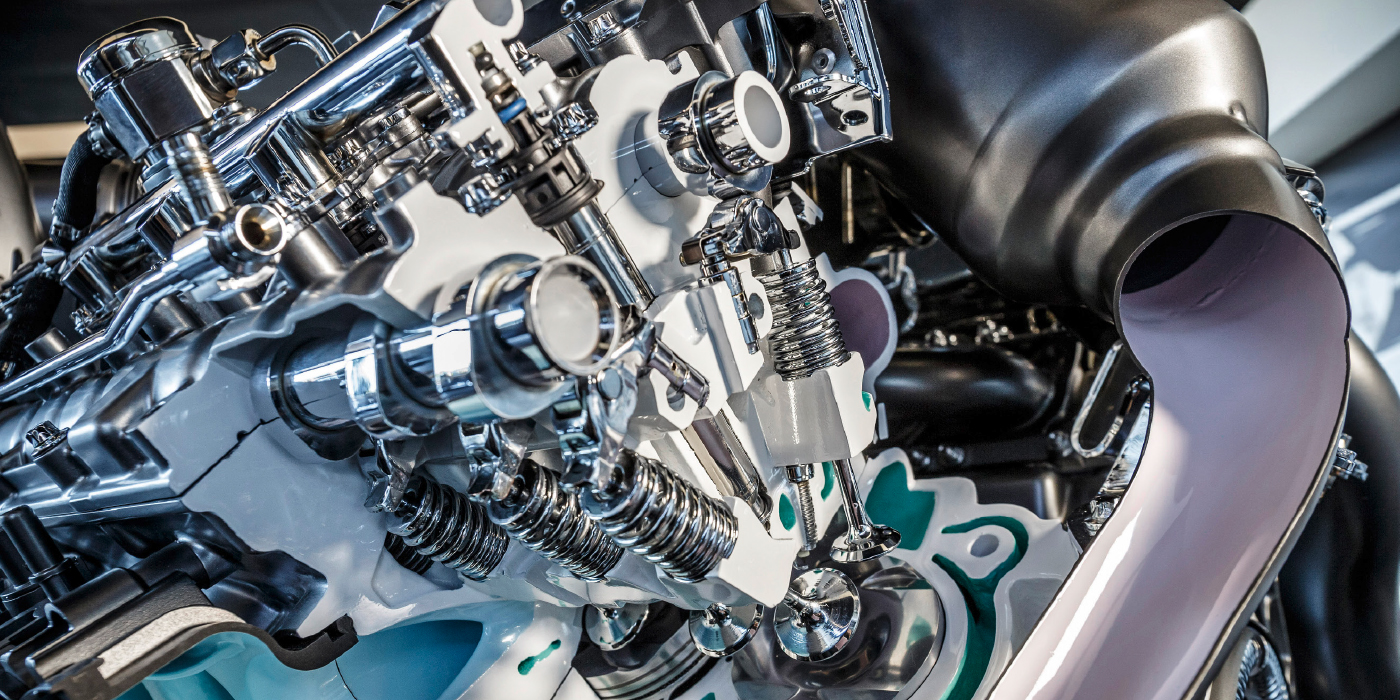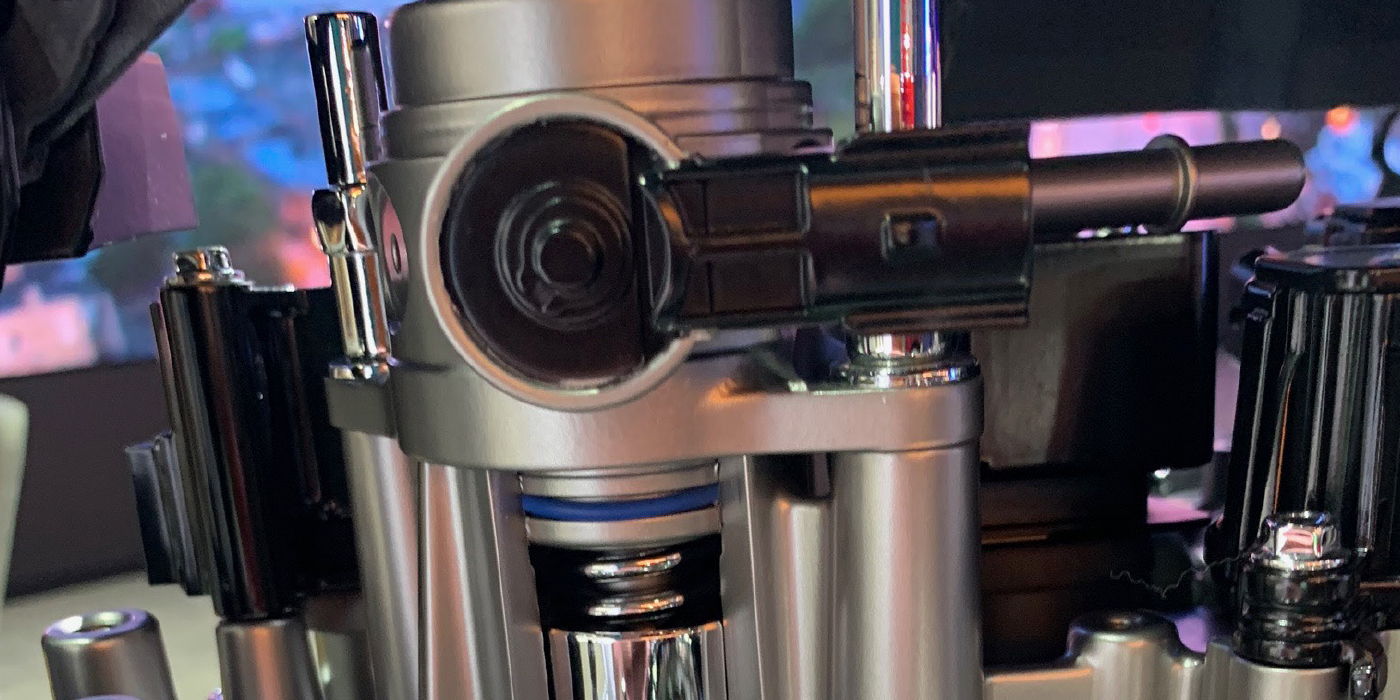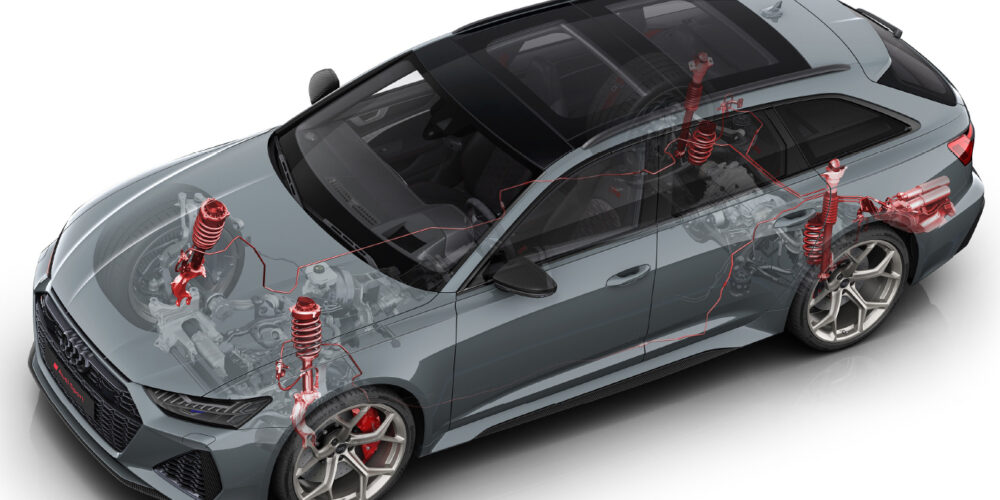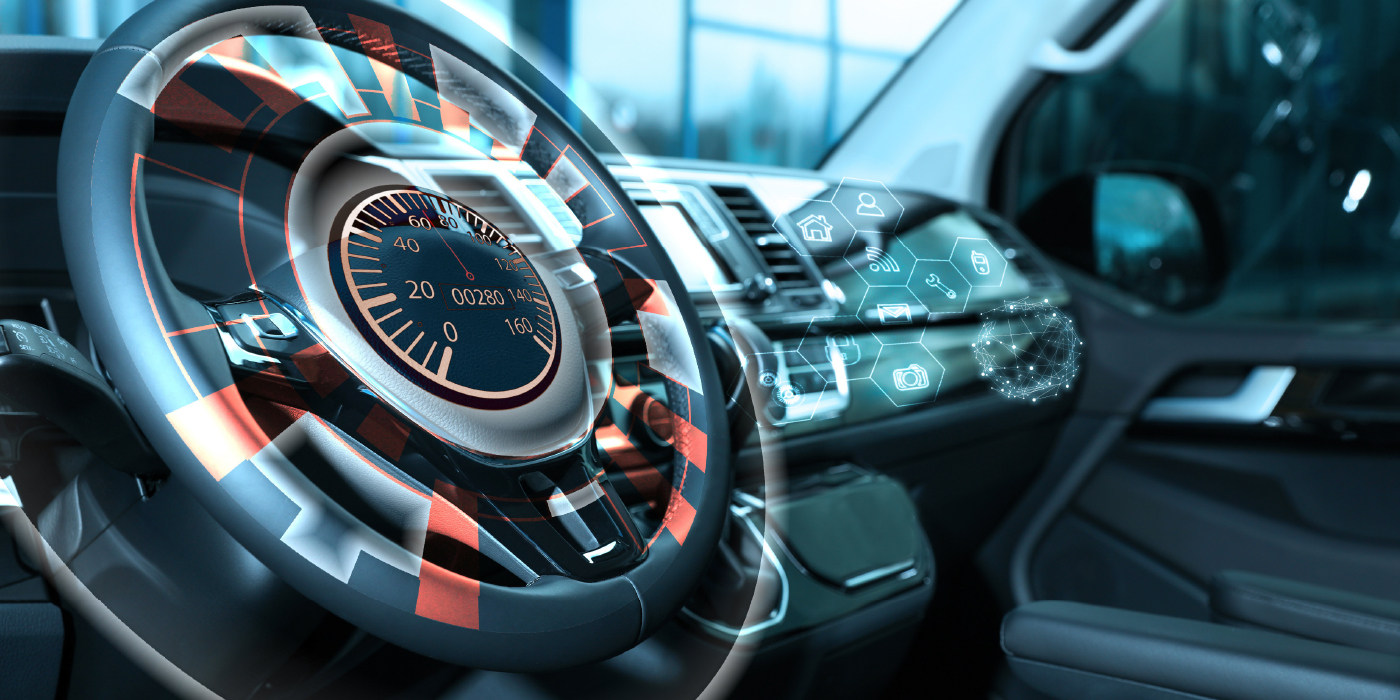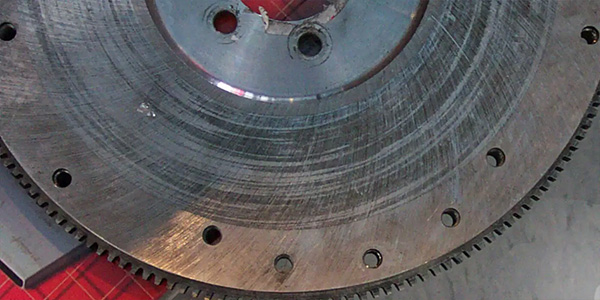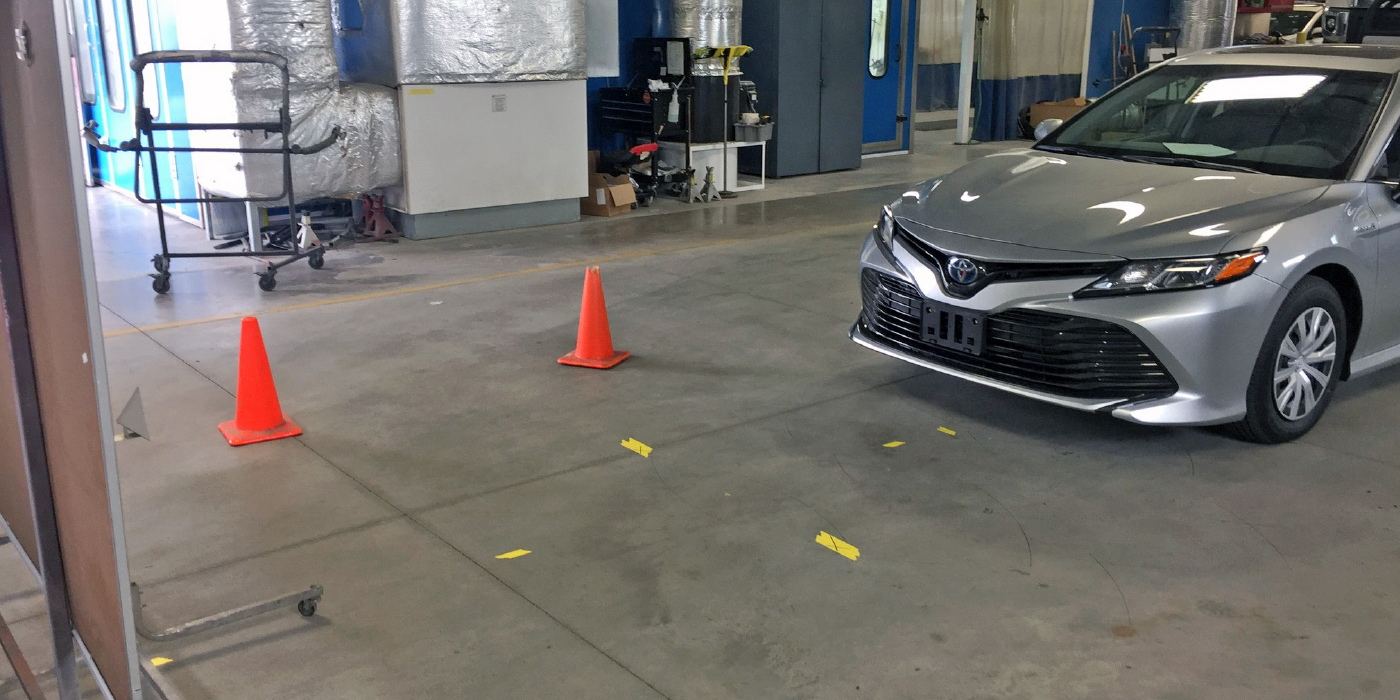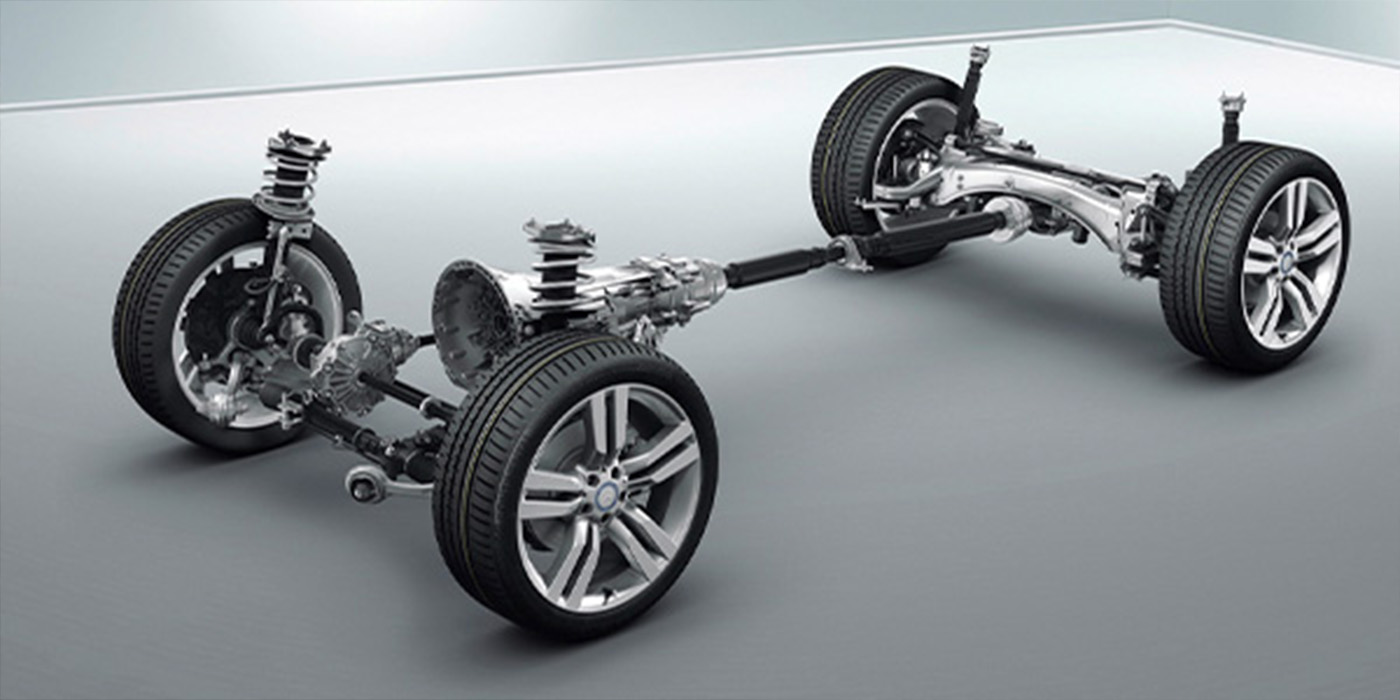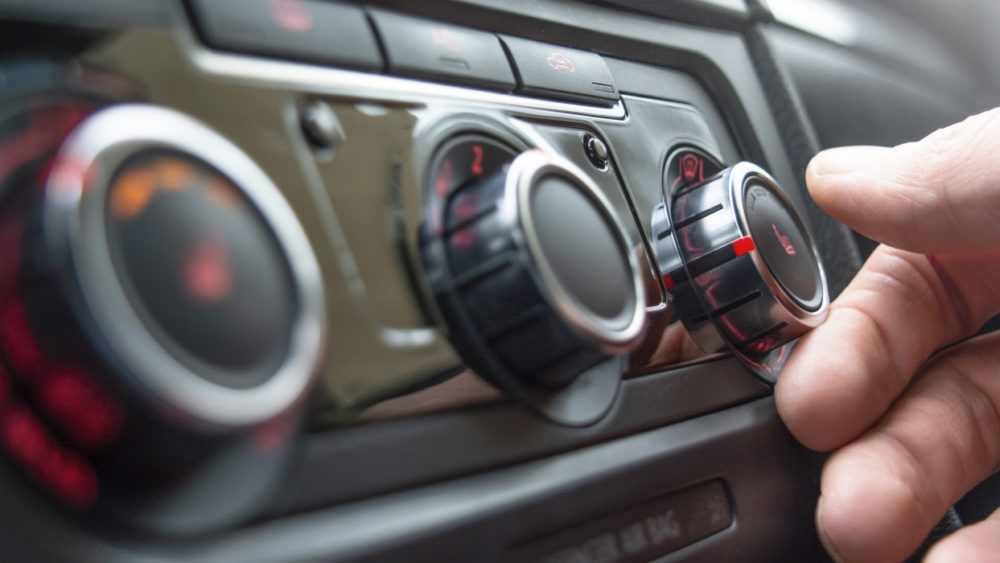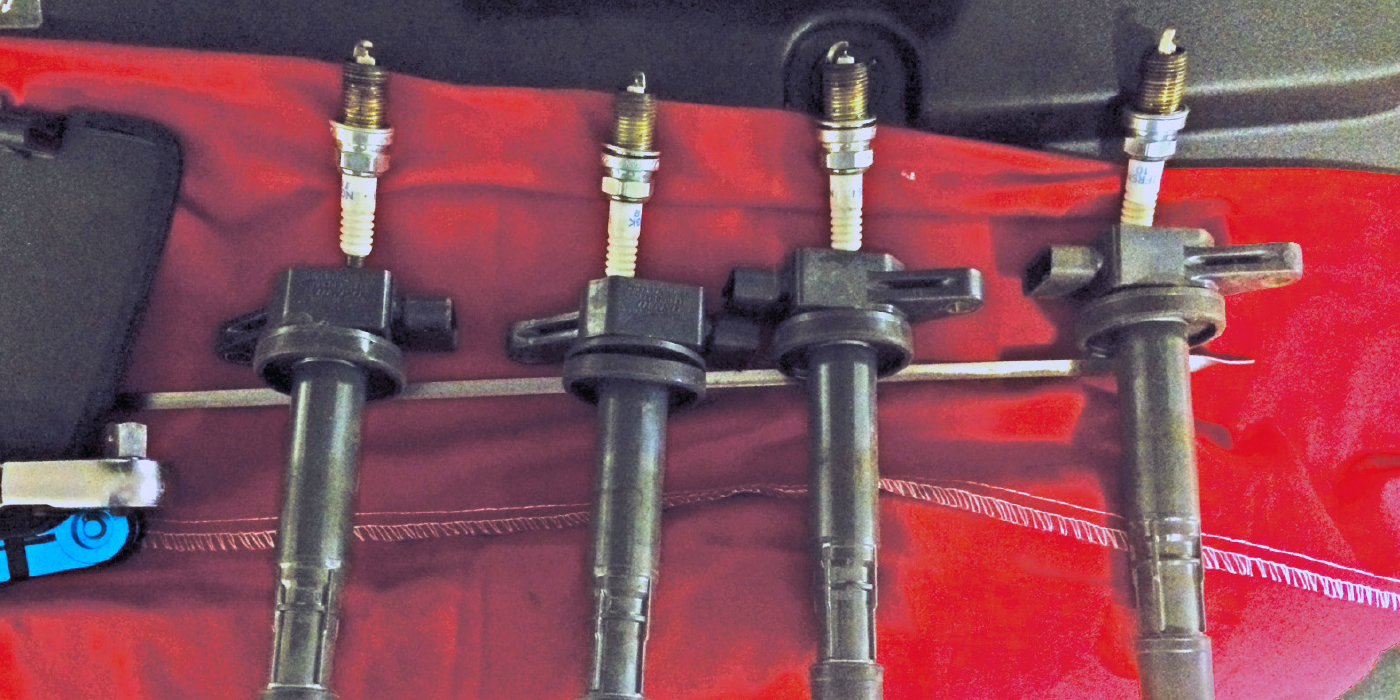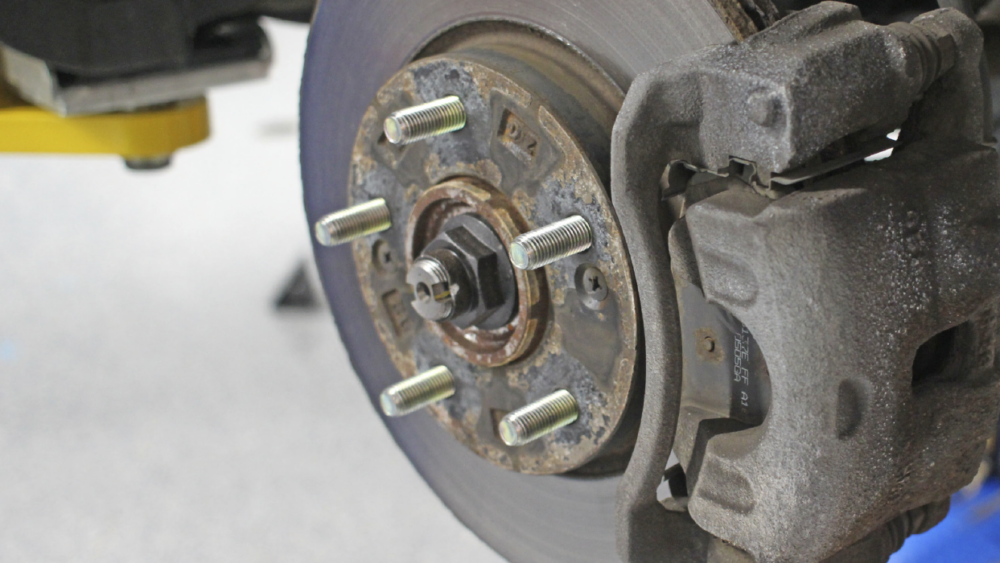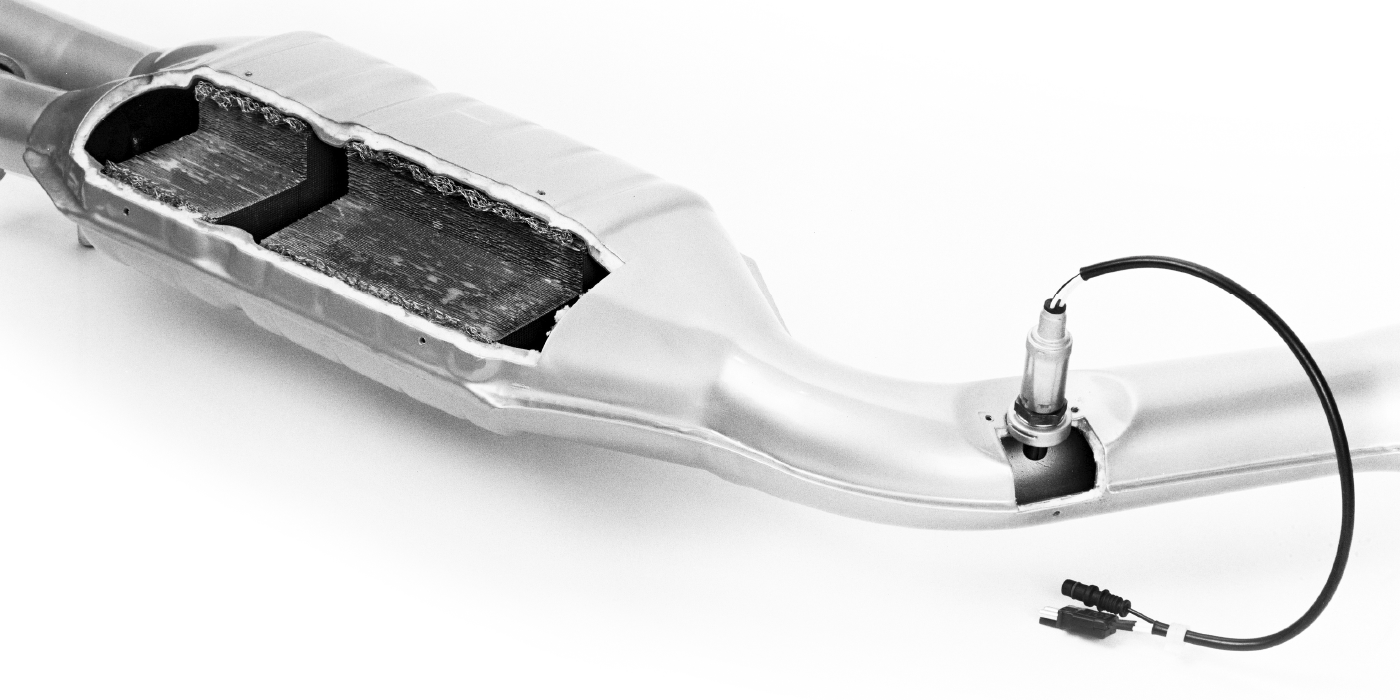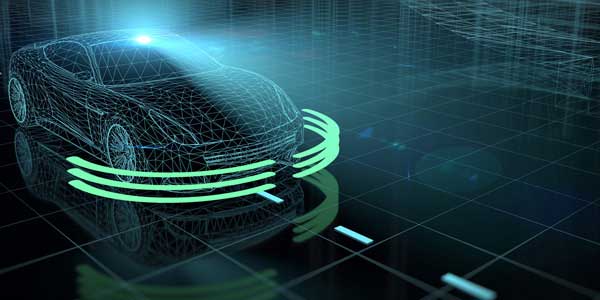
Panelists at a July 5 workshop weighed the benefits of autonomous vehicles against the potential risks, touching on issues ranging from diagnostics to cybersecurity.
The Federal Trade Commission and the National Highway Traffic Safety Administration co-hosted the workshop on connected and automated vehicles. Panelists included experts from the aforementioned agencies as well as General Motors, the Consumer Technology Association, the Alliance of Automobile Manufacturers, the Association of Global Automakers and others.
Some speakers expressed concern that the increased connectivity could erode individual privacy as vehicles generate more and more personal and potentially sensitive data.
Speakers on the “Connected Cars and Data” panel also touched on several repair issues, including the need for standardized diagnostic systems, ease of software updates and access to repair information.
Several presenters envisioned the future of mobility as a service with fewer individuals owning their vehicles outright and forecasted that companies would ultimately become the primary repair shop customer for fleets of connected vehicles.
While there was disagreement on several issues, all agreed that industry solutions were key and supported the concept of government enforcement of the industry’s self-made standards. This “soft law,” they contended, would allow for continued innovation and flexibility during this time of rapid change.
The Automotive Service Association encourages its members to visit the Federal Trade Commission website to view the “Connected Cars and Data” workshop.
Article courtesy BodyShop Business.

